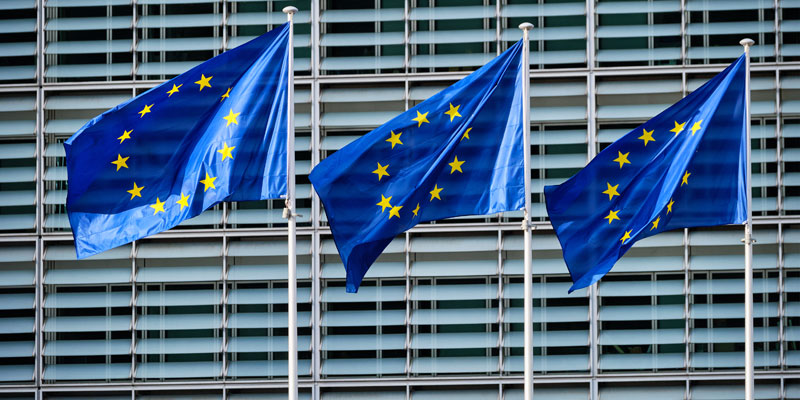Deep flaw in EU architecture can erase pro-market reforms

As the European Union stumbles through its most recent crises—Brexit and its COVID budget—a new study reveals the EU’s past contributions to economic liberalization. The budget crisis in particular exposes the EU’s former strength and, by implication, the ticking timebombs built into its architecture decades ago.
The study is published by the European Liberal Forum (ELF), a coalition of European free market think-tanks associated with the Alliance of Liberals and Democrats for Europe Party, a grouping of liberal parties in the EU parliament. The Center for Liberal Studies – Markos Dragoumis (KEFiM) and Centro di Ricerca e Documentazione Luigi Einaudi, respectively Greek and Italian pro-market institutes, contributed to the study.
The study, the first comprehensive one of its kind, employs the Fraser Institute’s index of economic freedom to measure the extent to which policies support free markets. The index uses five categories of economic policy to determine whether countries are economically free—limited government, freedom to trade, reasonable rules and regulations, stable monetary policy, and, most importantly, an impartial rule of law that equally protects the freedom of all, whether powerful or weak, rich or poor.
The study considers whether EU membership promoted free market policies, as measured by the Fraser index. The unambiguous answer “yes”—and that may surprise some. Economic liberals complain about the EU’s suppression of economic freedom through the dead hand of Brussels’ bureaucracy, endless EU attempts to force low-tax jurisdictions (such as Ireland) to increase taxes, and the bewildering thicket of EU rules and regulations.
So how did the EU boost economic freedom?
It was at the pinnacle of its influence when the Soviet Union collapsed, leaving an abandoned brood of former satellite states in central and eastern Europe. They were seeking a way forward and, after failed Soviet rule, enamoured of free markets and democracy, though neither were fully understood by people who had spent decades behind the Iron Curtain.
This was the EU’s great moment. It may now struggle with bureaucracy, but it always was intended to be an economically liberal institution—promoting open markets, limited government interference, a robust rule of law, and the elimination of barriers to the movement of goods, services, capital and labour.
Former communist states had to buy into all of these things in order to join the EU. Many measures were unpopular and not just with the elite. The reforms meant wholesale disruption of the economy as markets opened and inefficient state industries closed. Patronage and privilege networks collapsed.
Although much of the reform was unpopular, the public and elites realized Europe was the only way forward, and the EU was the door into Europe. Leaders supporting unpopular reform had an excuse: “The EU made me do it.” And it worked. Applicant countries made massive, often painful reforms to their economies and improved the rule of law, albeit imperfectly.
But here’s the rub—the deep flaw in EU architecture. The EU’s cudgel disappears the moment a state joins. Mechanisms to discipline members are non-existent or ineffective. In fact, the ELF study shows that pro-market reforms were mostly made in the application phase. They slowed down, stopped or went into reverse after EU membership was granted.
Nothing reveals that more than troubles over the EU’s proposed 2021-27 budget of €1.8 trillion (C$2.8 trillion) and €750 billion (C$1.16 trillion) Coronavirus Recovery fund. The EU wants to link funding to adherence to the rule of law.
EU budgets must be unanimously passed. Hungary, Poland and Slovenia have threatened to veto unless the rule of law provision is dropped. Governments in all three are establishing political control over the rule of law. These relatively poor states will be among the greatest losers if they veto the budget and COVID-response.
Recently, the rule of law provision implementation was delayed and wrapped in so much red tape it will be ineffective. The sad reality is that once a state becomes a member, the EU loses its ability to promote and protect free markets and the rule of law, despite the earlier successes the ELF study finds.

